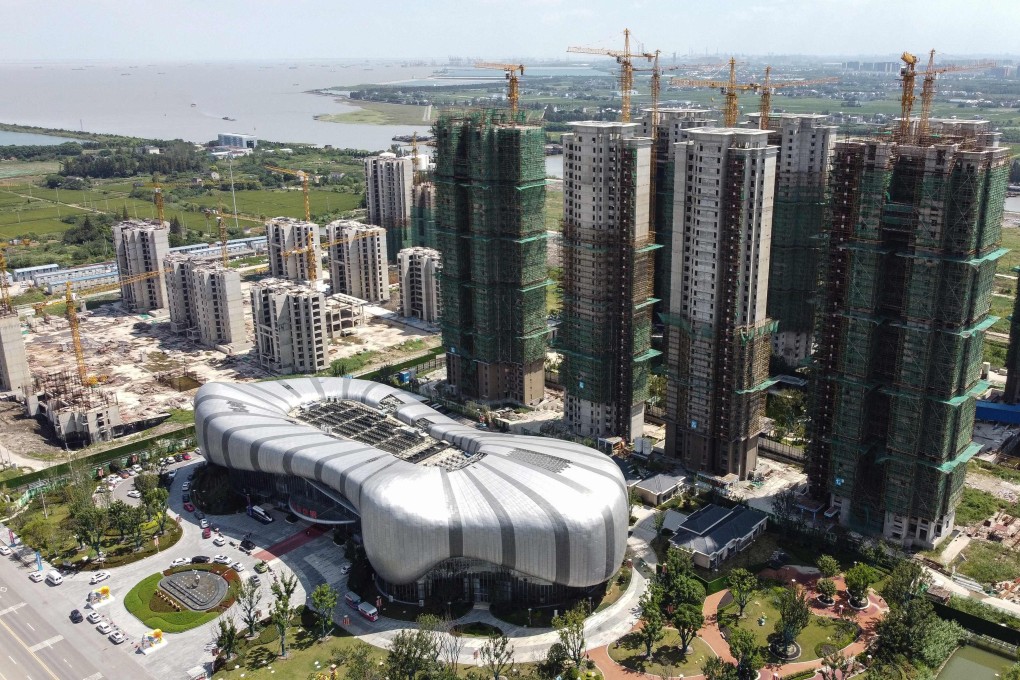Advertisement
The View | How the Evergrande debt crisis could force China’s hand on reforming government
- An Evergrande collapse would be unlikely to bring down China’s financial system, but unresolved problems could still threaten social stability
- Bloated government, dependence on land sales revenue, shadow banking and inefficient urbanisation are among the issues in need of urgent reform
Reading Time:4 minutes
Why you can trust SCMP
4

Beijing is likely to handle the collapse of the Evergrande bubble in a controlled manner, as it did in cases like Anbang or HNA before. That might not be enough to secure China’s financial long-term stability, however.
The best option would be to dismantle the debt bubble as a whole, wean the government off property money, and rebalance the economy towards household consumption and away from investment. But Beijing will probably settle for minimising contagion from the crisis and wait for the next Evergrande.
Chinese cuisine is famous for working many different ingredients into a mouthwatering dish. Evergrande’s debt story seems to have more ingredients than any stir fry: offshore and onshore, local and foreign currency, private IOUs and loan funds, bonds and bank syndicates, delayed payments for contractors and workers, and wealth management products for unsuspecting investors.
Advertisement
In 2008, Wall Street banks formed a suicide pact with complex derivatives linking them together. China’s debt issues have laid a trap for a wide section of society, even the powerful mandarins in Beijing. Could Evergrande be China’s “Lehman moment”?
Since 2008, China has shaped its financial system to avoid such a moment. The shadow banking system, including wealth management products for the retail market, has grown rapidly to take on the risks that banks shun.
As such, an Evergrande collapse would be unlikely to bring down China’s financial system. However, a host of other problems – such as protesting investors and prepaying homebuyers – could still threaten social stability. Dumping risks on unsuspecting households carries its own version of financial chaos.
Advertisement
Select Voice
Choose your listening speed
Get through articles 2x faster
1.25x
250 WPM
Slow
Average
Fast
1.25x

